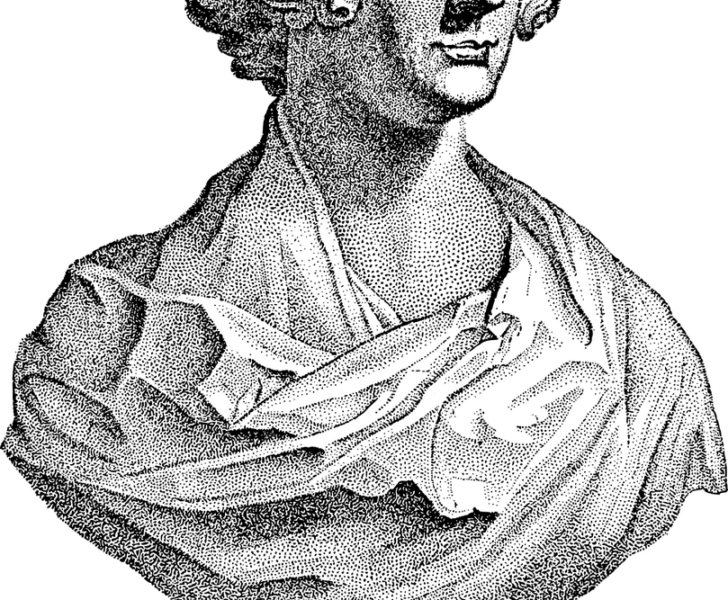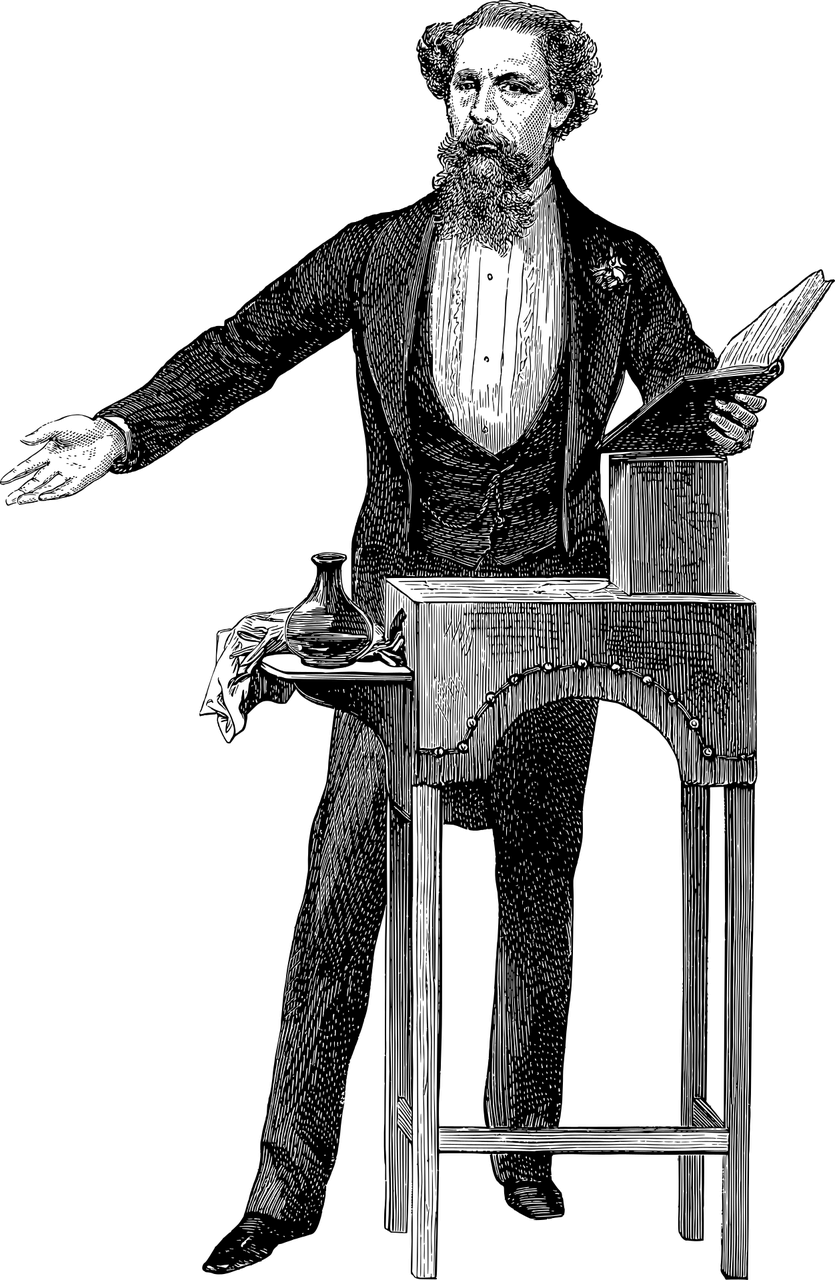George Orwells Animal Farm – A Timeless Allegory of Power and Corruption

Introduction:
Animal Farm, written by George Orwell, is a highly influential and thought-provoking novella that serves as a powerful allegory of the Russian Revolution and the subsequent rise of Stalinism. Published in 1945, this classic work of literature continues to captivate readers with its profound themes, compelling characters, and brilliant satirical critique of totalitarianism. In this article, we will delve into the significance of Animal Farm, its historical context, and its enduring relevance for those interested in understanding the complexities of power and its implications.
Historical Context:

To comprehend the full impact of Animal Farm, it is crucial to examine the historical context in which it was written. As Orwell witnessed the rise of totalitarian regimes in Europe during the 20th century, he felt compelled to expose the dangers of unchecked power and the erosion of individual freedoms. Inspired by his experiences during the Spanish Civil War and the Stalinist regime, Orwell crafted Animal Farm as a scathing critique of Soviet Communism and its transformation into a totalitarian state under Joseph Stalin’s rule.
Development of Animal Farm:
Animal Farm, initially titled “Animal Farm: A Fairy Story,” was first published in 1945. Orwell’s choice to frame his critique of totalitarianism within the context of a farm inhabited by sentient animals was a stroke of genius. By anthropomorphizing the characters, Orwell creates a relatable and accessible narrative that appeals to readers of all ages and backgrounds.
The novella unfolds on Manor Farm, where the mistreated animals, led by the pigs, rise up against their human oppressors and establish a society based on equality and justice. However, as time progresses, the pigs, particularly the power-hungry Napoleon, gradually betray the principles of Animalism, the ideology they used to rally the animals. They manipulate and exploit their fellow creatures, amassing wealth and power for their own benefit. This transformation reflects the corruption and abject failures of the Soviet Union under Stalin’s rule, as initially noble intentions are warped by the allure of absolute authority.
Animal Farm as an Allegory:
Orwell’s Animal Farm is a masterpiece of allegory, offering a scathing critique of totalitarianism and exposing the dangers of unchecked power. The characters in the novella symbolize various political figures and groups. For instance, Napoleon represents Stalin, Snowball represents Leon Trotsky, and Boxer, the hardworking horse, epitomizes the exploited proletariat. By presenting complex political ideologies and historical events in a simplified and accessible form, Orwell enables readers to grasp the profound implications of dictatorial rule.
Moreover, Animal Farm explores vital themes such as the corrupting influence of power, the manipulation of language and propaganda, and the ultimate betrayal of revolutionary ideals. Through its engaging narrative, readers are encouraged to question authority, challenge oppressive regimes, and remain vigilant against the gradual erosion of individual liberties.
Animal Farm’s Enduring Relevance:
Despite being written over seven decades ago, Animal Farm remains eerily relevant in today’s world. Its exploration of authoritarianism, manipulation of truth, and the dangers of political apathy resonate strongly in an era of escalating surveillance, rising populism, and increasing threats to democracy.
Alarmingly, Animal Farm serves as a cautionary tale, reminding us of the ever-present risks associated with allowing power to go unchecked and in remaining complacent in the face of injustice. By drawing attention to the cyclical nature of oppressive regimes, Orwell implores us to learn from history and actively work towards safeguarding and upholding democratic principles.
Conclusion:
Orwell’s Animal Farm is an enduring masterpiece that continues to captivate readers with its profound themes, engrossing narrative, and biting social commentary. Through its mesmerizing allegory, the novella provides a stark warning about the dangers of totalitarianism and the erosion of individual freedoms.
By understanding the historical context and appreciating the universality of its themes, Animal Farm remains an invaluable piece of literature that not only entertains but also imparts essential lessons about power and corruption. As such, it holds a significant place within the literary canon and should be cherished by both art enthusiasts and collectors alike.
References:
– Orwell, George. Animal Farm. Secker and Warburg, 1945.
– Rodden, John. “Introduction.” George Orwell: The Complete Novels. Penguin Books, 2020. pp. xi-xxiv.











